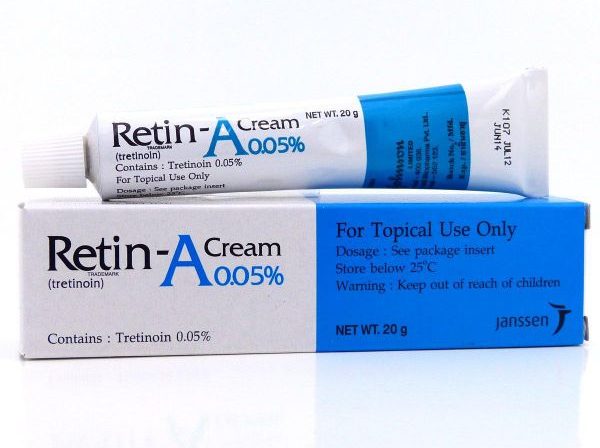Acne is one of the most common skin diseases, affecting up to 90-95% of the world’s population at different stages of life. At the same time, the incidence of the disease reaches 85% between the ages of 12-25 years.
The appearance of eruptions in the severe course of acne can subsequently lead to severe cosmetic defects, the presence of which negatively affects the psycho-emotional state of patients, reduces self-esteem, causes depressive disorders and worsens quality of life. Even in case of mild to moderate acne, some patients suffer from psychological discomfort and anxiety, which are registered more often among women.

Despite the largely known mechanism of acne vulgaris, treatment remains a challenge. Treatment tactics for acne patients is determined by the clinical form and severity of the disease, the age and gender of the patient, comorbidities, previous treatment and its effectiveness. In the mild course of acne vulgaris, as a rule, only external therapy and proper skin care are prescribed, while in the moderate and severe course – systemic therapy, which includes the three main groups of drugs (antibiotics, synthetic retinoids, hormonal drugs).
For women with hormonal disorders, recurrent, resistant to external therapy vulgar acne, treatment with sex hormones is recommended. Taking oral hormones reduces sebum secretion, inhibits the effects of androgens in the sebaceous glands.

Synthetic retinoids remain the most effective in the treatment of acne. The drug is indicated for patients with cystic nodular acne and with frequently recurrent inflammatory rashes, as well as in patients with a tendency to form scars, with ineffectiveness of long-term external therapy in acne of moderate severity. Synthetic retinoids reduce the function and size of sebaceous glands, have a direct anti-inflammatory effect.
As early as 2-4 weeks after the start of treatment with synthetic retinoids a decrease in sebum production and inflammation is noted. Today tretinoin is the only drug that affects most of the links in the pathogenesis of acne. It is known to significantly reduce sebum production within 6 weeks of the start of treatment.
The drug is prescribed for a long period of time – from 5 to 11 months, depending on the patient’s weight and the severity of the disease. Mandatory condition is to take the drug with food. There is an opinion that after the end of treatment you can not get pregnant for 2 years. However, the elimination half-life of tretinoin is only 19 hours, but you need to prevent pregnancy for the duration of therapy and 1 month after its completion, since tretinoin is toxic to the fetus. Therefore, it is important to use a variety of contraceptive methods (a combination of barrier method and oral contraceptives is most effective).

Side effects can indeed accompany the course of treatment. Dry skin and pronounced dry lips (cheilitis) are the most common. Other side effects, such as transient changes in liver enzymes, headache, myalgia, visual impairment, are much less common and usually do not require discontinuation of treatment. To minimize risks of side effects from liver and pancreas during treatment with tretinoin, constant control of biochemical blood parameters (liver enzymes, cholesterol and triglycerides), urine: 3-4 weeks after treatment start and then once in 1-2 months, more often if indicated. It is important to remember that tretinoin monotherapy is recommended. Simultaneous use with antibiotics (tetracyclines) should be avoided to avoid increasing intracranial pressure.
Generally, systemic therapy with tretinoin leads to recovery or significant improvement of acne patients’ skin condition, and also provides long-term remission of the disease. However, in a number of cases (10-25%) repeated therapy may be required, which can be carried out not earlier than 8 weeks after the end of the previous course of treatment. Relapse may be associated with a lack of correction of concomitant diseases that play an important role in the pathogenesis of acne. Therefore, it is important to rule out conditions such as polycystic ovarian syndrome, thyroid disease, carbohydrate tolerance disorders, congenital hyperplasia of the adrenal cortex before starting treatment. In addition, premature discontinuation of tretinoin treatment without reaching a total cumulative dose of 100-120 mg/kg may also contribute to relapse.
It is important to follow up with a doctor once a month, with regular blood and urine tests, proper basic moisturizing of the skin during treatment and the duration of the course of therapy. All of this will help to achieve a positive result without side effects and clear, beautiful skin.
After 2 months of treatment with tretinoin, you can begin cosmetic procedures (laser resurfacing, chemical peels, injections, etc.) aimed at combating scars.
Tags: tretinoin vs retinol,tretinoin side effects,tretinoin buy,tretinoin for acne,tretinoin benefits,tretinoin cream price,tretinoin for wrinkles,tretinoin gel
Reviewed: January 28, 2023
